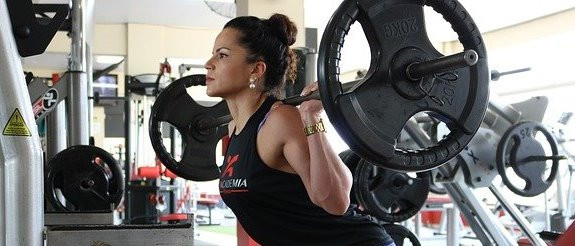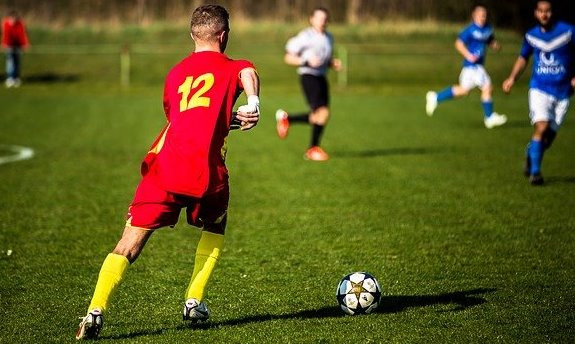Energy Needs
The Basal Metabolic Rate
The Basal Metabolic Rate (BMR) is the calculation of the minimum amount of energy needed for a person to stay alive. This is the amount of energy the body uses for basic life functions such as breathing and keeping your heart beating.
Basic life processes can take up to about 75% of the energy we use each day. Other activities like digestion and physical activity such as exercising make up the rest.
Factors affecting BMR
The average BMR for an adult is between 1,500 and 2,000 calories a day.
There are many factors that will affect your BMR these are:
Your age, BMR decreases as you get older due to factors such as a reduction in muscle mass.
Your gender, women tend to have a lower BMR than men as they are usually smaller and have less muscle density.
How regularly you exercise, regular exercise especially strength training will increase you muscle mass, which in turn will raise your BMR.

Physical Activity Level
Your Physical Activity Level (PAL) is the measure of how active you are, this also includes how much exercise you get.
If you are more active e.g. a footballer you will have a higher PAL than someone with a sedentary lifestyle.

BMR and PAL can be multiplied together to give you a personalised daily energy requirement.
Daily energy requirement (kcal) = BMR X PAL
Individuals need to balance their energy intake to maintain a healthy weight. If you consume more energy than your body needs you will gain weight. If you consume less than your body needs you will lose weight.
Balancing Energy Sources
To stay healthy you should balance your energy sources. Carbohydrates, fats and proteins are our three main sources of energy.
Government guidelines in the Eatwell guide say the correct ratio is 50% carbohydrates, 15% proteins and 35% Fats.
